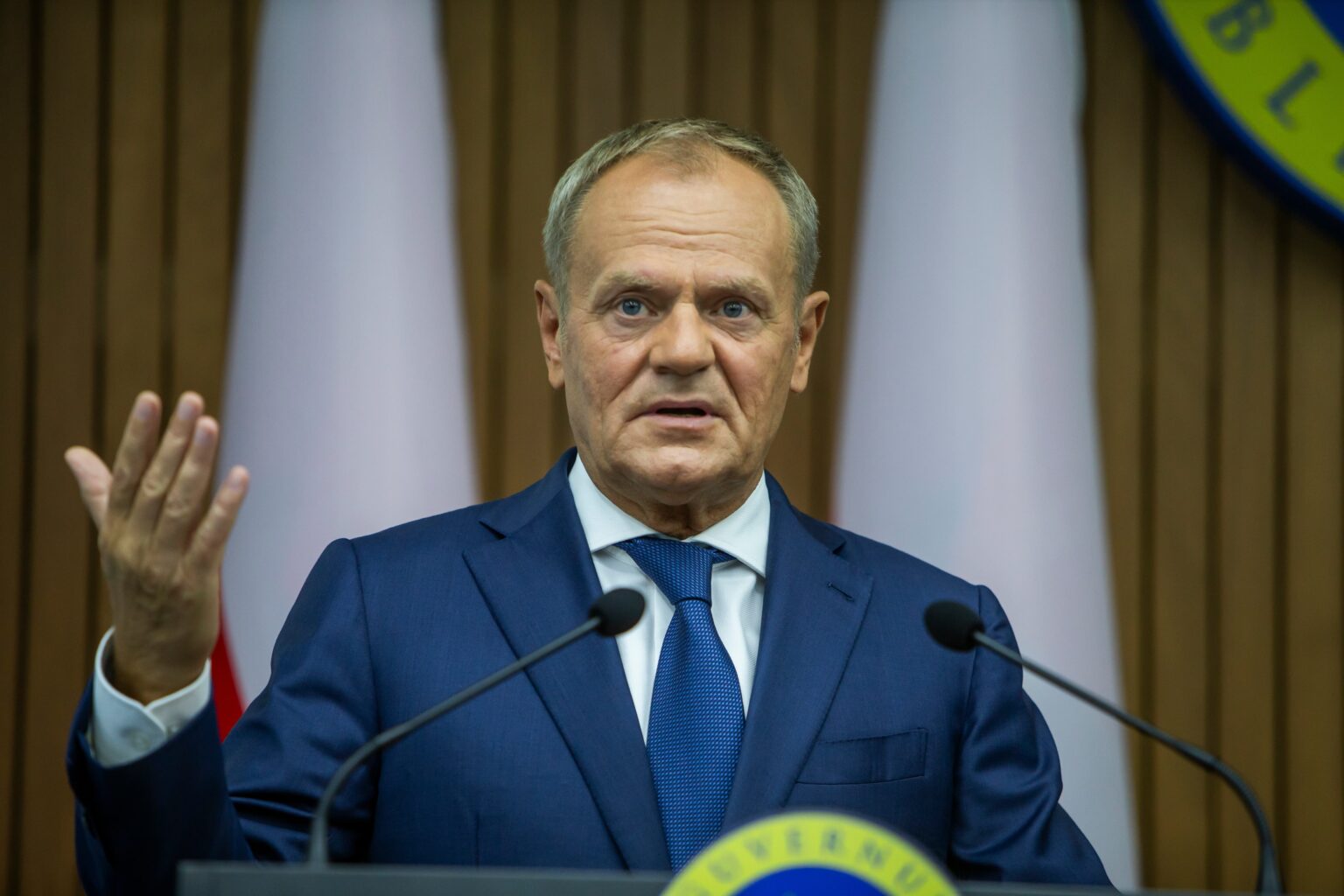Prime Minister Donald Tusk breathed a public sigh of relief on Wednesday after his centrist-led government survived a confidence motion in Poland’s lower house. Yet the 243-210 tally in the 460-seat Sejm only settles who governs— not for how long— as a nationalist president-elect and widening cracks inside Tusk’s ideologically diverse coalition threaten to hobble his promised reforms.
A Vote To Break Political Deadlock
Seeking what he called a “fresh opening,” Tusk demanded the ballot barely ten days after Warsaw Mayor Rafał Trzaskowski—his long-time ally—unexpectedly lost a presidential runoff to conservative historian Karol Nawrocki. Supported by outgoing President Andrzej Duda and applauded by former U.S. President Donald Trump, Nawrocki is expected to wield the presidential veto against liberal bills on abortion, media and judicial reform. Tusk told deputies that a renewed mandate would “show Poland who is steering the wheel” and reassure financial markets.
The margin, while comfortable, masks unrest: seven coalition deputies were absent and two abstained, signalling future headaches for party whips. Law and Justice (PiS) lawmakers boycotted much of the debate, and far-right MP Grzegorz Braun stormed an LGBTQ+ photo exhibit in the parliamentary corridors, tearing down posters in what Speaker Szymon Hołownia condemned as “political hooliganism.”
Coalition Tensions And Agenda Challenges
Survival does little to resolve friction within the four-party coalition—ranging from the progressive Left to the pro-market Poland 2050. Since taking office in December 2023, the bloc has mended relations with Brussels and unlocked an initial €5 billion in green-transition funds, yet it has stumbled on domestic pledges such as loosening Poland’s near-total abortion ban and legalising same-sex civil unions. Moderates fear alienating church-going rural voters, while progressives accuse the premier of timidity and warn that another year of drift could squander the pro-EU groundswell that ousted PiS.
Tusk, 68, acknowledged “communication gaps” and promised to appoint a government spokesperson this month, conceding that running public messaging through his own social-media feed was “not sustainable.” Analysts caution that without visible progress by year’s end the coalition could bleed supporters both to the Left—who label Tusk overly cautious—and to the far-right Confederation party, which portrays him as beholden to Brussels and urban elites.
Renewal Plans And Rising Opposition Pressure
To regain momentum, the premier announced a July cabinet reshuffle that will bring, in his words, “new faces with energy for new challenges.” Insiders expect technocrats tasked with unblocking the remaining €30 billion in EU recovery funding still frozen over judicial-independence disputes. PiS, which controls the Senate’s agenda, vows to frame any changes as proof of chaos.
Pressure will intensify once President-elect Nawrocki is sworn in this August. During the campaign he pledged to veto abortion liberalisation, block same-sex unions and resist court reforms demanded by the EU. His victory gives the nationalist right a direct line into state affairs and forces Tusk to assemble three-fifths majorities—276 votes—to override a veto, an arithmetic test the coalition has never managed. PiS-aligned unions have already called summer street protests over a forthcoming media-tax overhaul, hinting at months of confrontation.
Outlook Before The 2027 Election
Poland’s next parliamentary vote is more than two years away, yet Wednesday’s drama has already sparked speculation that Tusk may not lead his camp into the 2027 race. Recent polls place his Civic Coalition near 29 percent—down several points since January—while PiS hovers around 25 percent and Confederation edges into double digits. Supporters recall Tusk’s reputation as a political escape artist—he left Warsaw in 2014 to chair the European Council and returned nine years later to topple PiS. Skeptics, however, see a leader boxed in by presidential vetoes at home and shifting power balances abroad, and wonder whether he will step aside for a younger successor if reforms stall.
For now, the veteran projects resolve. “I know the taste of victory, I know the bitterness of defeat, but I do not know the word surrender,” he told lawmakers before the vote. Whether that defiance delivers durable legislative wins—or merely postpones another bout of turbulence—will become clear as the coalition navigates what promises to be a long, hot political summer in Warsaw.


